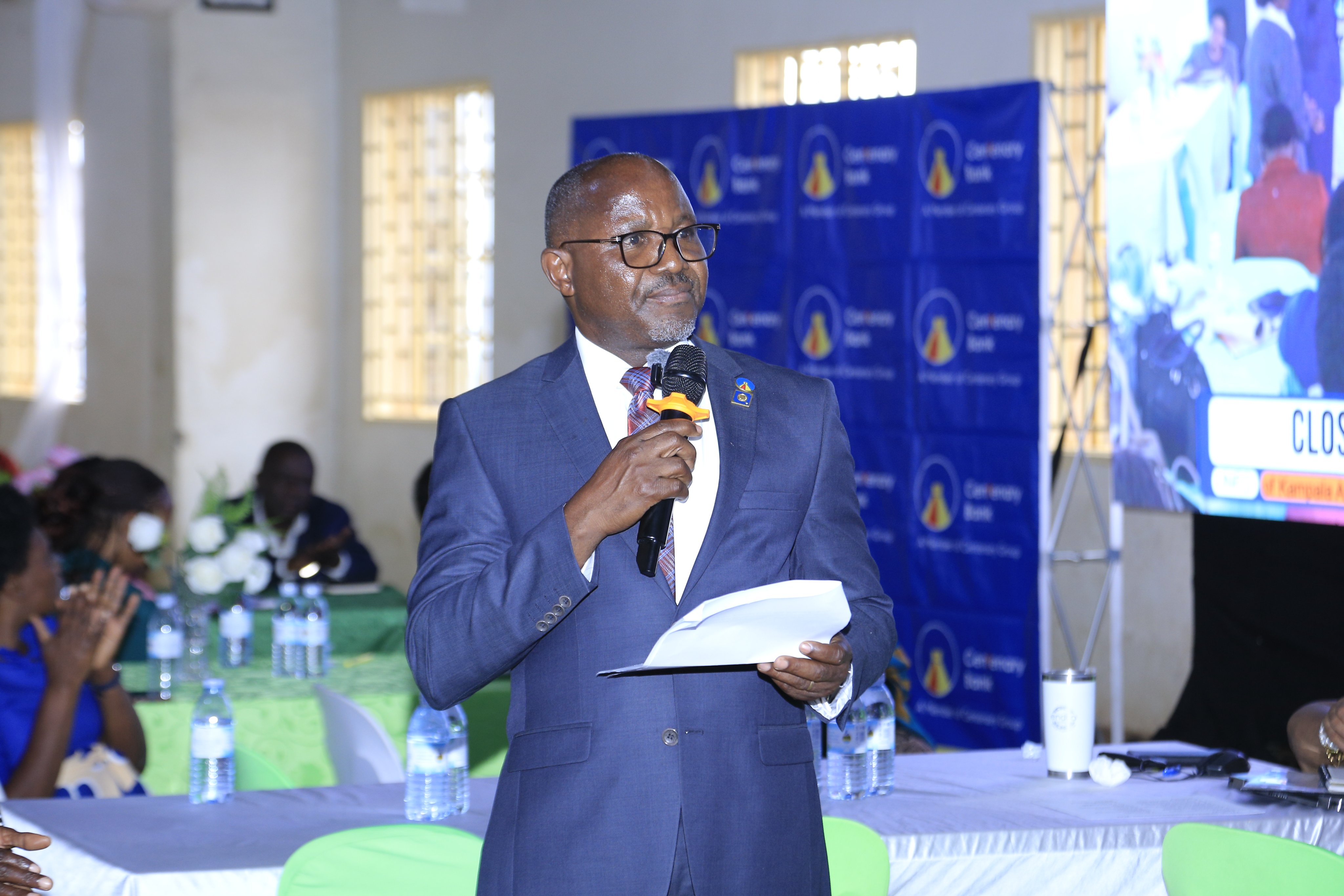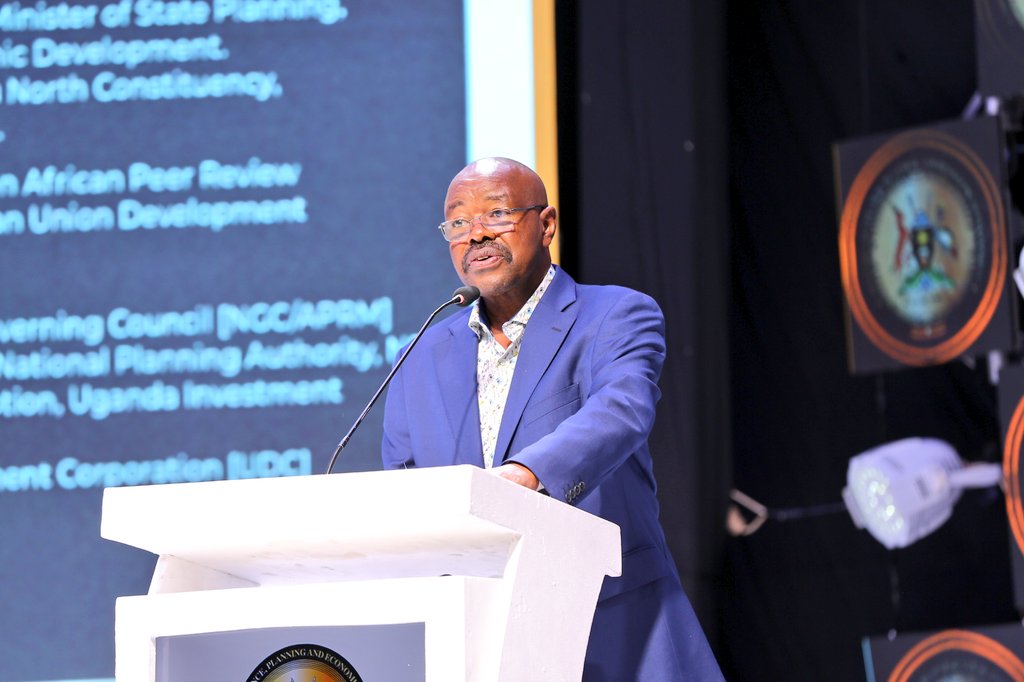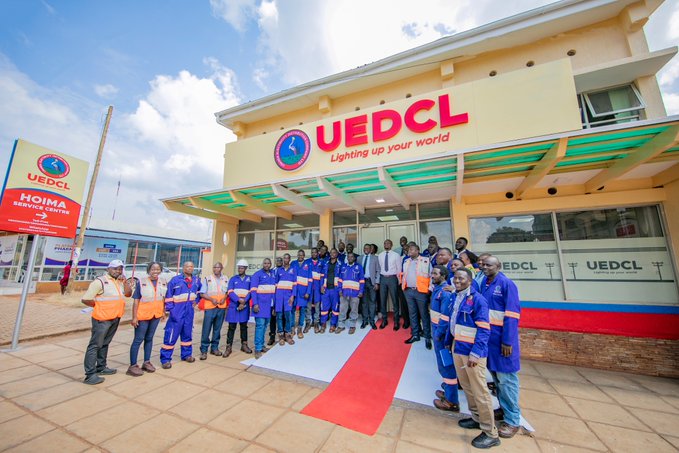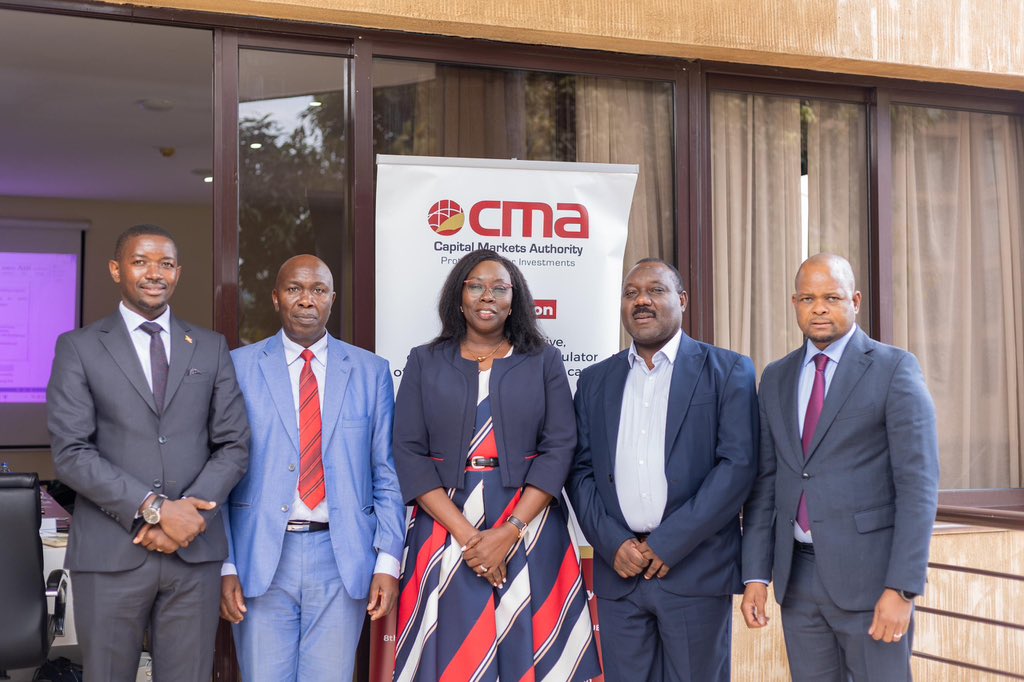Tracing the ordeal of power blackouts in Uganda’s West Nile region
One would thus think being a landlocked country, Uganda's leaders would find it more pertinent to harness the use of the trans route from West Nile upward to DRC and Juba by lighting West Nile to produce goods to export there.
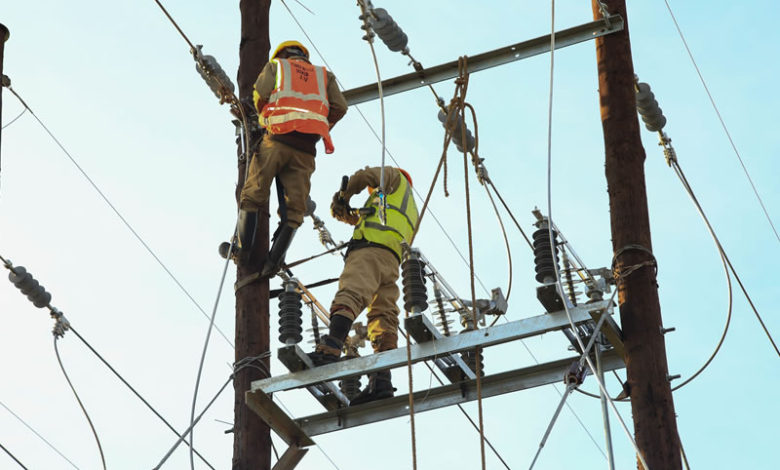
By Isaac Mutema
The West Nilers have been for many weeks vowing to secede from Uganda to Southern Sudan.
At the center of their disgruntlement is the intermittent power blackouts going on in the region. The same has been negatively affecting the region for years on end now.
It’s for such power outages that our brothers and sisters in West Nile seek now to break away from the rest of us to try life in Juba or DRC.
Much as they are Ugandans by birth, citizenship and rights, coupled with the fact that they remit taxes to the national coffers, the West Nilers are sad and blue since the regime in Kampala seems not to care to provide enough power to them.
As it is obvious to anyone else, these people badly need power, without which, they cannot engage in meaningful economic activities.
Yet, it is through such activities, that the people of the region can kick poverty out of and away from their region.
Lack of power in West Nile affects the national coffers too. The region lies on the strategic trans route from Uganda leading to neighboring DRC and Juba.
Uganda first and foremost, lacks a route to the sea. In short, it’s a landlocked country just as any other primary four learners would be able to tell you.
One would thus think being a landlocked country, Uganda’s leaders would find it more pertinent to harness the use of the trans route from West Nile upward to DRC and Juba by lighting West Nile to produce goods to export there.
DRC and Juba are virgin markets for goods and services with a huge opportunity to even continuously grow much bigger.
The decades of wars which have been holding back the sleeping giants in DRC and Juba are progressively calming down with no point of return in sight.
The same can only mean that the market prospects for Ugandan goods and services destined for those countries, can as well only grow bigger and bigger.
As one is still grieving over the intermittent power which is as well negligible in West Nile, alas, he or she would develop vertigo( kantolooze) again upon learning that even the little that is there is reported to be going for prices which are even higher.
We can go on and on thus indulging in such lamentations without finding out the one responsible for what is going on here and most importantly, without bothering to try to seek solutions.
Two private power companies are being retained by the central government currently to light and provide power to run businesses and industries in West Nile.
One is referred to as West Nile Rural Electrification Company(WNREC). The other one is Electro Maxx Uganda Limited.
Both firms generate power which they sell to the government. The power is then supposed to be contractually paid for by the government and then fed into the national grid for the benefit of the West Nile Region.
The two firms have been on the receiving end for some time now of the heavy criticism as being the source of the problem of the unserious power supply in this part of the country.
Politicians being politicians, those within the government, parliament and elsewhere, have been using the two firms as the perfect sacrificial lambs for their own failure to live up to their own social contractual obligation to provide power to the people of West Nile.
Such a state of affairs has tended to shift the blame from the central government and the same heaped now on the two firms thereby making them to appear as if they are the bad guys in the eyes of the affected people.
But let’s tell you, the two firms were contracted to purely generate power. It’s upon the government via the Uganda Electricity Transmission Company Limited (UETCL) or any other firm, for that matter, which is legally contracted to do so, to upon the two firms generating power, to now transmit the same to the users in West Nile.
Look at the excellent example of Uganda Electricity Generation Company Limited (UEGCL) to see what we are trying to tell to you. UEGCL was contracted to generate power by the government.
That is where its license stops. It doesn’t extend to the transmission of power. That is a function of UETCL because of a contract it signed with the central government as the transmitter of power.
This can be further better illustrated by the example of a press printing machine. Whereas it’s paid for to print newspapers, that work doesn’t legally entail the printer to again supply or sell the newspapers so printed.
Nor does a caterer paid to cook and serve food, for that matter, be directed to again wash the plates as well.
Let’s now move on. Hopefully, we have made our case lighter regarding the contractual issues relating to who is supposed to generate and who is supposed to transmit the power so generated, within the West Nile region.
Power issues broke out and became rampant in 2009 following a prolonged drought which had hit West Nile destabilizing the generation of hydropower by making use of water bodies in the region.
Consequently, the government now under a lot of pressure from the locals over increased cases of failing power, invited Electro Maxx on board to help to stem the tide.
The government strictly entered with Electro Maxx a power generation contract beyond which they are not permitted to transmit, set prices or even connect anyone to power.
Electro Maxx was at the time performing another contract of lighting Tororo using thermal power.
Being a good as well as patriotic citizen, the firm agreed now to move some of its own generators to the region to help to stem the darkness that had engulfed West Nile.
All that was done seeing the huge problem at hand, without the government paying huge sums of money to Electro Maxx to relocate the generators plus the attendant technical staff to the new site in Arua also otherwise known as demobilization damages or costs.
Government being a slow payer boss, the same demobilization dues have todate never been fully paid to the contractors but just not to mention other related huge sums of money owed in power that has been and continue to be supplied to the region.
Be that as it may, Electro Maxx had in four months by April 2009, managed to walk by the acute power problems they had first found in the region hence necessitating a return to brisk business and putting a noticeable end to blackouts in large tracts of West Nile.
One can deduce from what we have covered a few instructive things.
One, there has been ranging confusion as to who is supposed to generate and who is supposed to transmit power so generated within the West Nile region.
We have hopefully taken care of that question by duly pointing out the companies licensed to generate power and UETCL which is supposed to transmit the same power to the end users. There should no longer be any more confusion about this anymore.
As to who prices the power so consumed by the end users, that is, of course, precisely the function of the government as performed through the Electricity Regulatory Authority (ERA).
ERA is a government agency, so, it should be assumed that the same, which owns ERA, is ever in agreement with whatever tariff it happens to set up.
More on the price of a generation of power, still government sets the contractual power generation prices taking into consideration things like the cost of fuel on the world market plus the cost of the dollar itself.
Barring politics, the government plus the politicians should be able to tell these pieces of truth to the people and avoid the scenarios going on in West Nile currently and the rest of the country.
If only the politicians could put politics arise for a moment, they would be able to frankly tell the country that much as the private generators of powers are owed lots of money already, they are still soldiering on against all odds and have been able to hit more than 15m units of power so far generated in West Nile.
We are doing more research currently on this power problem in Arua. We are going to return shortly with more data on what is afoot shortly.



